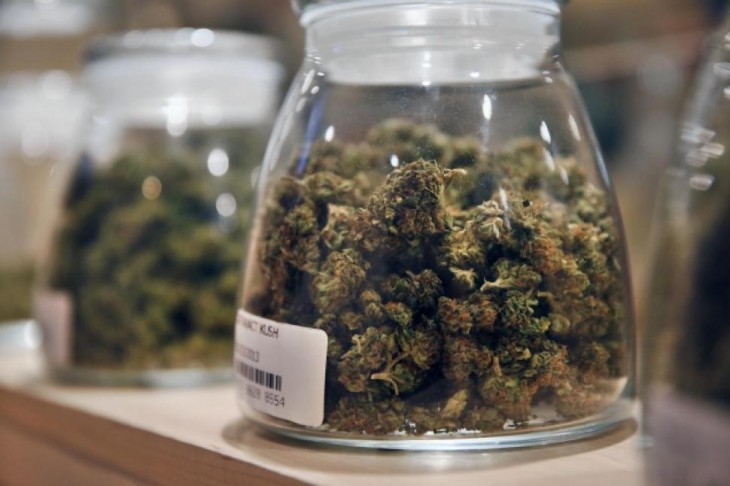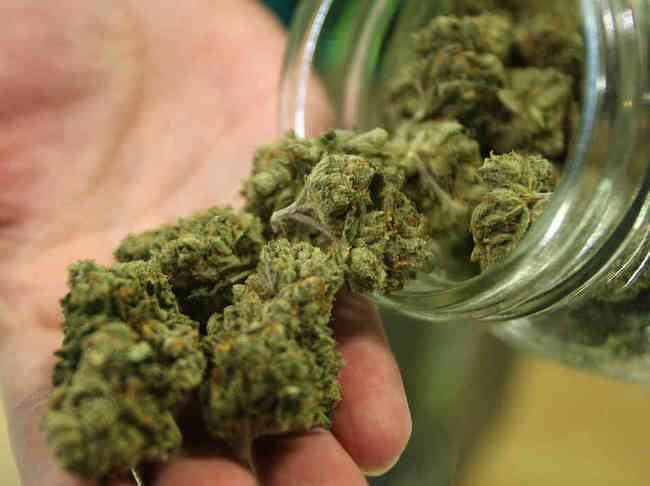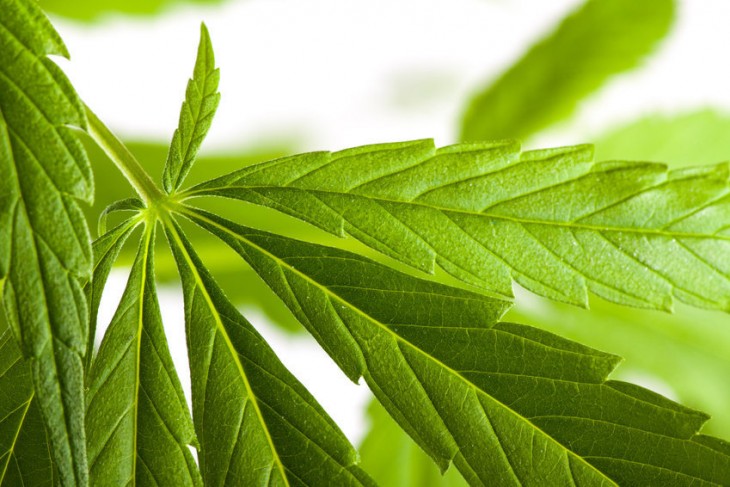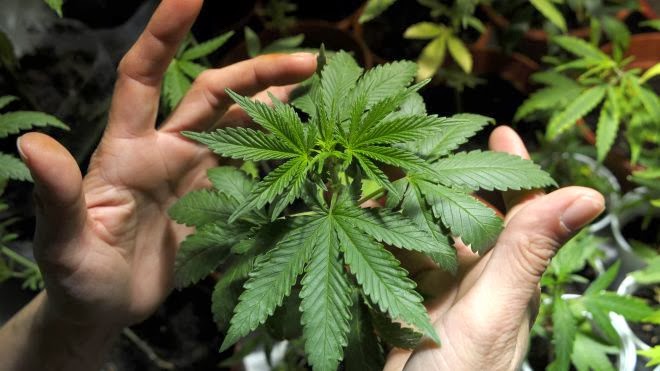The field that cultivated corn last year may be now be covered this summer in plants, which actually look more like marijuana. Northern Carolina is now calling in farmers to start growing industrial hemp as a part of the statewide test. This plant, which happens to be a non- toxic cousin of the marijuana, can actually be made use to produce many products like cloths and oils that may open fresh markets for the farmers who are struggling with the low prices on the conventional crops. Of late, immense interest has been shown by the people in growing hemp.
The commonly known industrial hemp is actually in the same league as marijuana and its plants all look pretty much identical. The federal Govt had outlawed cannabis in the 1930s. Close to 30 plus nations, which include Canada and many other countries from Europe, grow hemp for industrial purpose. The American farmers as well as the others basically lobbied for what may have been a very profitable crop out here.
The Congress even passed a law in the year 2014 to permit the testing projects for hemp farming. North Carolina then followed next year with one law to permit this test program, and then it was Virginia’s turn last year. This plant is certainly different from that of marijuana. The industrial hemp actually contains very little percent of THC – the psycho-active chemical that is usually found in marijuana. This is simply not sufficient to have any sort of narcotic effect. Marijuana usually contains 10% on an average.
As per the National Hemp Association, even the scientific name of cannabis means ‘useful’. Hemp actually has no use as recreational drug. Instead, its use dates back to thousands of years, where papers and cloth were made of it. The earlier copies of Declaration of Independence were actually written on the hemp paper, as per the National Hemp Association website. Even the Levi’s jeans were initially made of the hemp sail cloth.
All the Northern Carolina farmers are interested to apply for the license from the state’s industrial hemp commission. The state agriculture agents will be monitoring and also testing these crops to ensure that they do not contain any THC. The growers will have to report about each of the acre to the state by giving the correct locations with the use of GPS technology.









